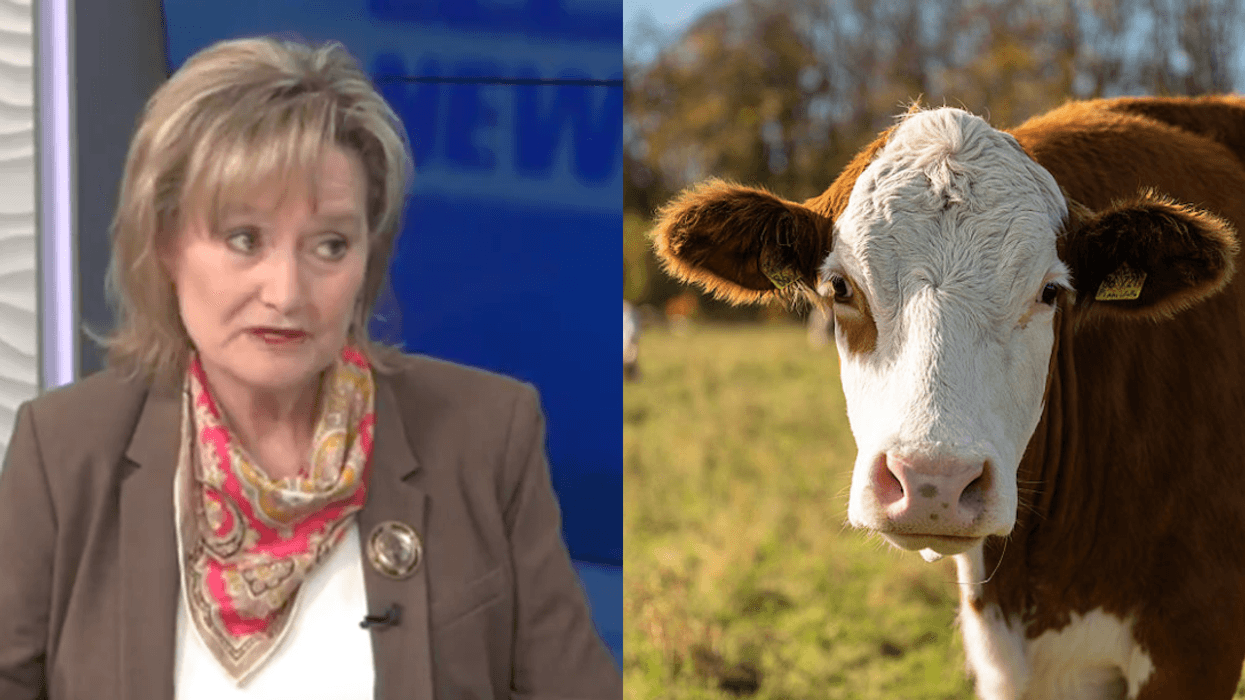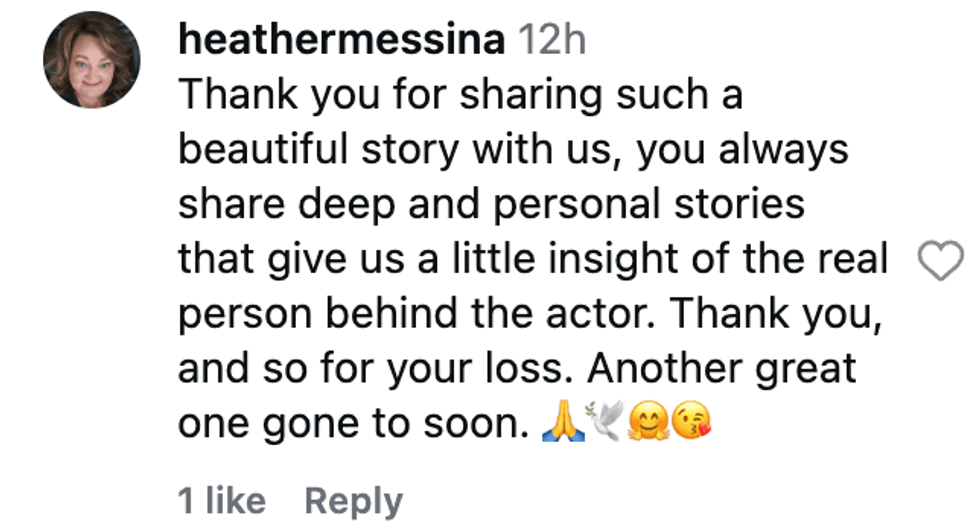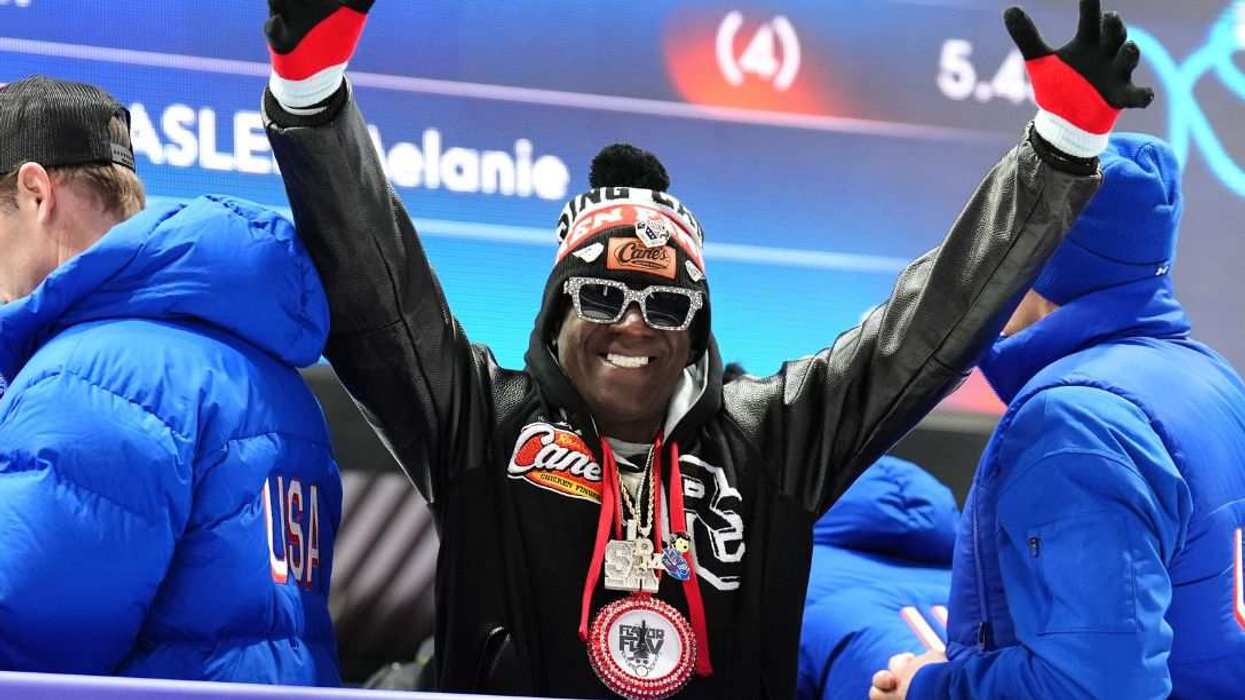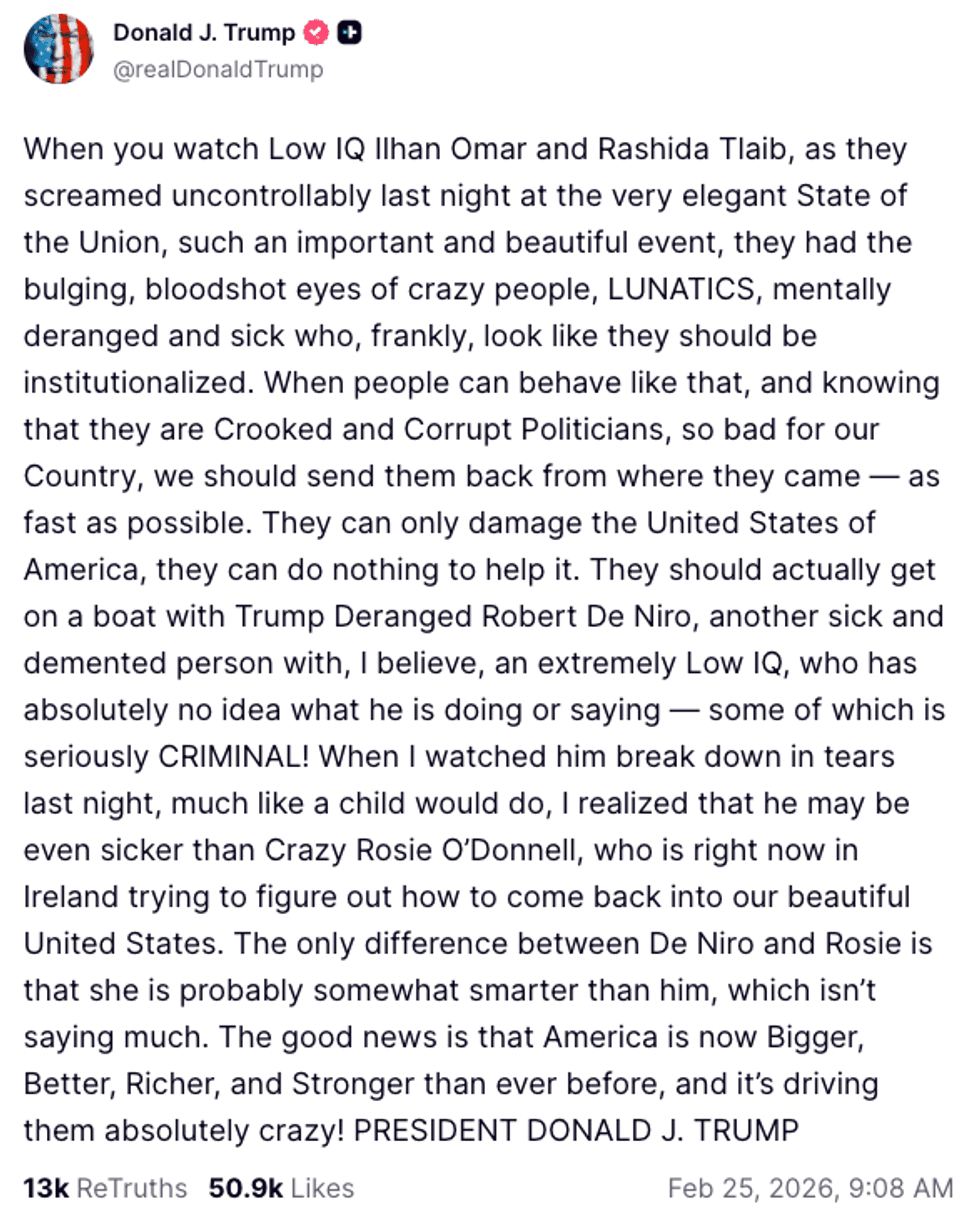Michigan Republican Party co-chair Meshawn Maddock is facing heavy criticism after she called Transportation Secretary Pete Buttigieg a "weak little girl" in response to remarks Buttigieg made about California’s ban on selling gasoline-fueled cars, which is scheduled to go into effect in 2035.
Earlier this year, Buttigieg moved to Traverse City, Michigan, the hometown of his husband, educator and activist Chasten Buttigieg. He recently indicated that he's "really interested" in California's ban on new gas-powered vehicles in favor of electric ones, saying that it is imperative "that this happens quickly enough to help us beat climate change."
Buttigieg's remarks prompted Maddock to declare that the state of Michigan is "so blessed this weak little girl moved" to the state, adding that it is evident Buttigieg is "bringing all his California Dreaming here with him," suggesting the attempt to tackle climate change is little more than a lofty fairytale.
You can see Maddock's tweet below.
Maddock's remarks were swiftly criticized, and many called her out for homophobia.
Buttigieg has regularly been the target of homophobic attacks from members of the Republican Party, most notably from Georgia Republican Representative Marjorie Taylor Greene, who is one of the more vocally anti-LGBTQ+ members of Congress.
In March, she was criticized after she launched into an attack against Buttigieg and his husband Chasten, demanding they “stay out of our girls' bathrooms" and suggested that they are both sexual predators.
Colorado Republican Representative Lauren Boebert, who has often been compared to Greene for employing similar rhetoric, criticized Buttigieg for taking parental leave amid a global supply-chain crisis, saying he was "not working" because he was "trying to figure out how to chestfeed."
Gendered pejoratives have historically been directed at gay men, and their use is often linked to sexism and bias against a sexual orientation and practices that have long challenged established cisgender heterosexual norms.














 @ritawilson/Instagram
@ritawilson/Instagram @bettyjo46/Instagram
@bettyjo46/Instagram @dottdott65/Instagram
@dottdott65/Instagram @betseyboop/Instagram
@betseyboop/Instagram @ondinefortune/Instagram
@ondinefortune/Instagram @heathermessina/Instagram
@heathermessina/Instagram @mlejordan/Instagram
@mlejordan/Instagram @icu2qtpie/Instagram
@icu2qtpie/Instagram @ryan.mannino013/Instagram
@ryan.mannino013/Instagram @helen_nk0730/Instagram
@helen_nk0730/Instagram @steph.lynn_26/Instagram
@steph.lynn_26/Instagram @themovieposterguy/Instagram
@themovieposterguy/Instagram

 @lancebass/Instagram
@lancebass/Instagram @aj_mclean/Instagram
@aj_mclean/Instagram @ditavonteese/Instagram
@ditavonteese/Instagram @tmobilearena/Instagram
@tmobilearena/Instagram @clearlycanadian/Instagram
@clearlycanadian/Instagram @sprouts/Instagram
@sprouts/Instagram @cityoflasvegas/Instagram
@cityoflasvegas/Instagram
 @realDonaldTrump/Truth Social
@realDonaldTrump/Truth Social